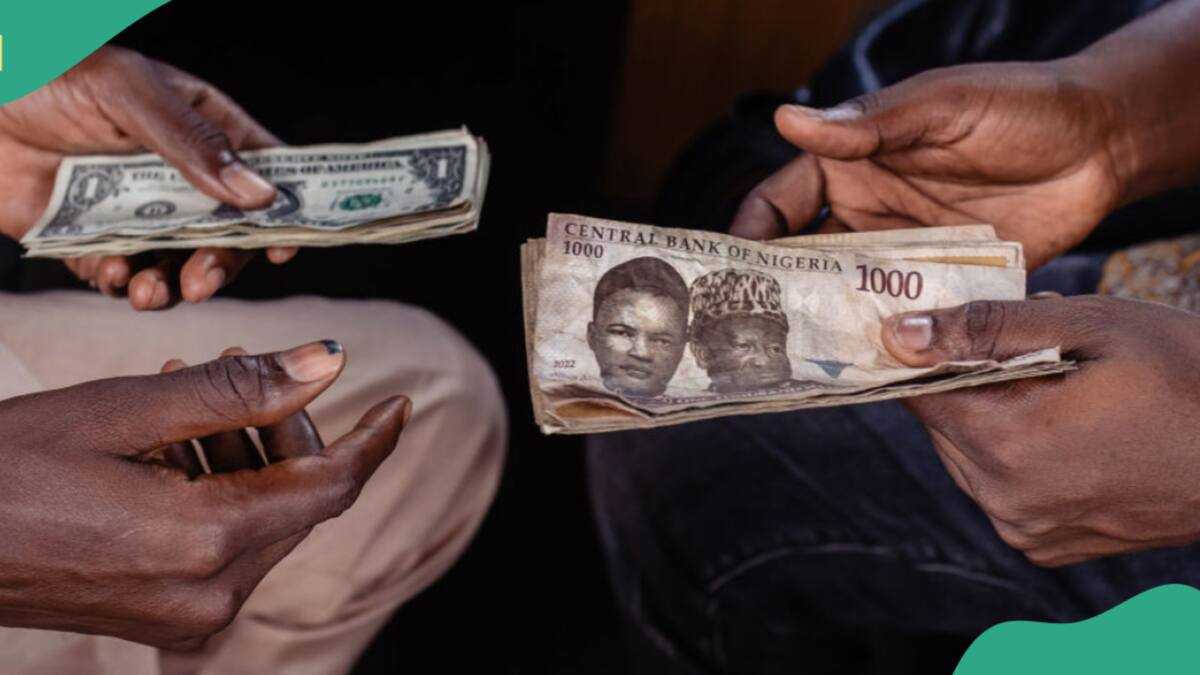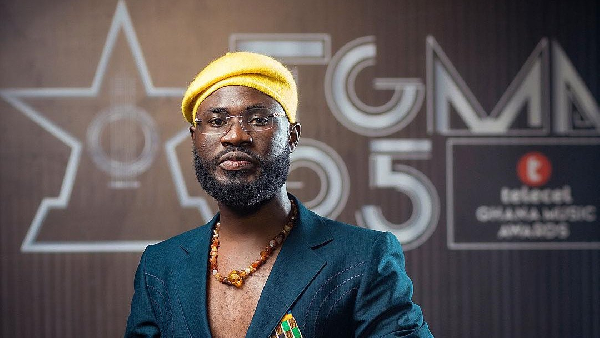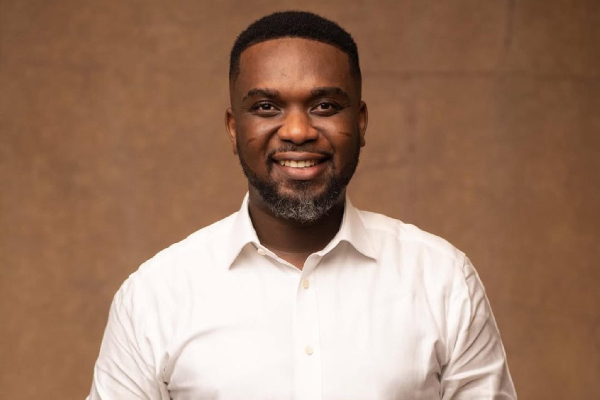Gang of Four Biography - To Hell with Poverty! Jon King interview

Firstly, ‘To Hell With Poverty!’ is my favourite recording of ours. Secondly, like most bands, we played a lot of cards to fill in time. ‘Three card brag’ for brown coins. We might end up with a maximum pot of 40 or 50p, really reckless! A friend once threw in a silver coin, like a 10p piece and said “To Hell With Poverty” which made me laugh. I also had a book at home at the time called ‘To Hell With Culture’, an interesting thought piece on what culture is for.
The thing is, it’s difficult to explain what it was like, it’s almost like trying to explain cinema to a caveman. For example, when Richard Boon, the manager of the Buzzcocks, wanted us to support the Buzzcocks in Europe, he had to send us a telegram. No one had a phone. He sent a telegram ‘ Buzzcocks European tour, stop, want Gang of Four, stop’. Then I realised, in the book I’ve got to explain what a telegram is!
We must’ve played 40 times with the Buzzcocks. We muscled our way onto the same bill as them, and Richard (Boon) and Steve (Diggle) saw us and liked what we did. We toured America for the first time supporting them, and turned into a successful band over here. We’d play our own shows, between Buzzcocks dates. Doubles where we’d go on at 10 and then again at midnight. By the time we got to the West Coast, we were really good. We had played about 35 times in 28 days.
I saw them half a dozen times, and every time I thought, what a fantastic band. Before I had thought about being in a group myself, I was just astounded by how good they were.
Wilko certainly was, he played the guitar like they did in the Mississippi Delta, he’d flick the strings like he was attacking them. He had that sort of frozen amphetamine white face, (Andy) Gill’s entire career was an homage to Wilko’s way of doing it, walking side to side, never cracking a smile with a thousand-yard stare.

It’s probably a mix of the two. I wanted to write Gang of Four songs in simple, plain declarative English. I didn’t want to use adverbs, adjectives or metaphors very much. So Glass on Entertainment still annoys me. I wrote “I’m so restless, I’m as bored as a cat”. It’s a bloody metaphor! and cats don’t get bored. They’re either asleep or they’re paying attention to stuff.
I wanted the songs to mean something. Not necessarily to have a fixed meaning, but certainly to be about things and the way that we do things.
We’re currently playing the whole of Entertainment in sequence, it starts with Ether. I wrote that one because I didn’t want an authorial voice. It was about feeling uncomfortable about your good fortune while there’s misery somewhere else. The idea was ‘trapped in a heavenly lifestyle’ and the opposing side of it ‘being locked in Long Kesh’ (Maze Prison, Belfast).

Well, I think both are true. It did make it better. Andy didn’t read books and was very sociable and lively in a way that I’m not particularly, and probably more fun than me at the time. He wasn’t a technical guitarist at all. But he was just brilliant. It was amazing that he could find this innovative, fresh way of playing the guitar.
We made each other laugh. We were like brothers. We enjoyed our time together until we didn’t. Before the Gang of Four, we spent a lot of social time together, and that fell away. After Songs for the Free (1982), I only ever saw Gill in a band context. The real issue was his drinking. That’s what drove a wedge between us. It became more and more difficult to deal with.
People are generally very emotionally incontinent, talking about their feelings all the time. I am very English and don’t particularly like to do that. I wanted to repeat the extremity of ‘nothing being said’, especially in moments where something should have been said. For instance, the very sad story of my mother finding out, in her sixties, that she had once had a little sister killed in an air raid, a fact my grandmother had never spoken of.
You wonder about these curtains we draw across what we do. Like the other episodes I describe in the book, you think: had we perhaps talked about them, things might not have snowballed. I wanted to capture what I felt at the time, without projecting what I feel now onto it. ‘Nothing was said’ sums it up quite well.
The honest story was not funny, but blackly funny. When we went to meet Bennett to talk about signing with him in Los Angeles, we went into his office and it was full of fantastically attractive young men and women. The guys were all ripped and the girls in short skirts were running around with fax machines and phones. Much later we found out that they were all actors. He’d hired them all. It was a long con, it was a proper fraud.
When I think of Bennett now, the person who would play him in the comedy movie would be Danny DeVito. He couldn’t say a sentence without swearing. When we tried to fire him he said “the trouble with you guys is you fucked yourself up the ass twice and then trod on your own dicks”. We were like, ‘What does that even mean?’ But that’s apparently what we had done.
I read it last during Lockdown. Great Expectations is what the Germans would call a ‘bildungsroman’, where the author’s moral framework is revealed as a result of what they learn through life. Pip is a working-class boy plucked from his impoverished, but quite kind, background and turned into a gentleman. In the process he becomes an arsehole and has a great moment of realisation when he doesn’t speak to his old friend Joe Gargery because he’s ‘common’.
I think my life is a bit like Pip’s and I think, yeah, I was a bit of an arsehole. I tried to be honest about that in the book.
It is out now in hardback, eBook and Audio (£25, Constable)
~
All words Pete Harvey. Pictures from Author’s collection. More writing by Pete on Louder Than War can be found at his author’s archive.
A Plea From Louder Than War
Louder Than War is run by a small but dedicated independent team, and we rely on the small amount of money we generate to keep the site running smoothly. Any money we do get is not lining the pockets of oligarchs or mad-cap billionaires dictating what our journalists are allowed to think and write, or hungry shareholders. We know times are tough, and we want to continue bringing you news on the most interesting releases, the latest gigs and anything else that tickles our fancy. We are not driven by profit, just pure enthusiasm for a scene that each and every one of us is passionate about.
To us, music and culture are eveything, without them, our very souls shrivel and die. We do not charge artists for the exposure we give them and to many, what we do is absolutely vital. Subscribing to one of our paid tiers takes just a minute, and each sign-up makes a huge impact, helping to keep the flame of independent music burning! Please click the button below to help.
John Robb – Editor in Chief









